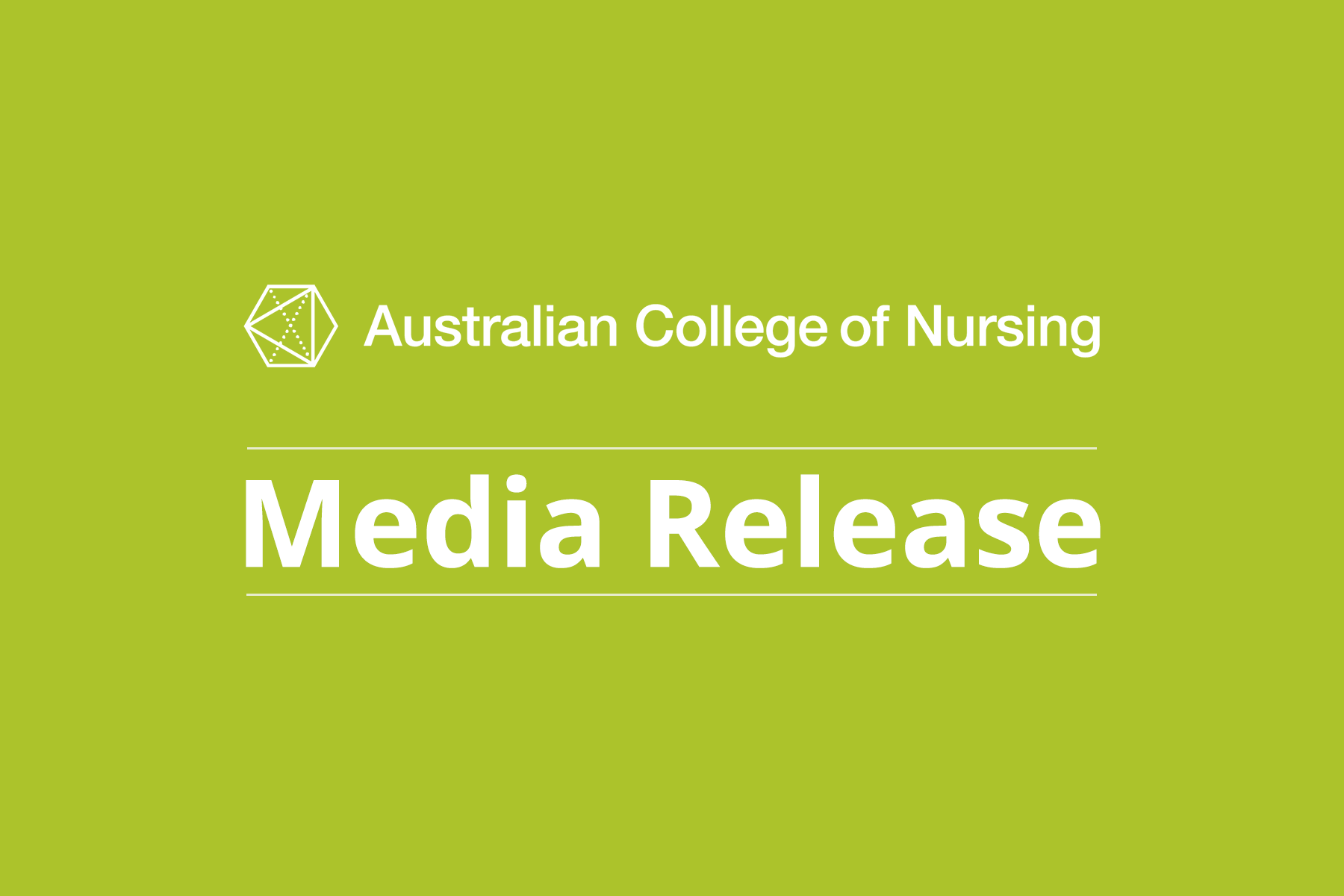The Australian College of Nursing (ACN) has welcomed news the Australian Labor Party (ALP) would commit $750 million over four years to strengthen Medicare and $220 million on local general practices to strengthen the Primary Care 10 Year Plan.
ACN chief executive officer Adjunct Professor Kylie Ward FACN noted that the pledge was the first large-scale health reform made during the election campaign.
“Labor’s announcement is noteworthy for its ambition to properly fund the Primary Care 10 Year Plan and provide a strong foundation for nurses to enter general practice. After two years of pandemic and increasing workforce strain, now is the time to invest in primary care and the nurses who have managed so much of the clinical workload.
“This plan represents an important commitment to our nursing workforce that will help make the future of general practice much more sustainable.”
ACN remains strongly in favour of proposals to introduce more advanced practice nurses and nurse practitioners into primary care – especially in rural and remote areas of Australia.
“By putting primary and community care on a more solid financial footing, ACN feels that new and innovative models of care, especially those that are nurse-led, should become increasingly feasible for communities that have otherwise lacked proper health coverage.”
Adjunct Professor Ward also commented on the proposal by Shadow Minister for Health, Mark Butler, to establish a taskforce to enact the policy should Labor be successful in the upcoming election.
“I look forward to working with Mr Butler and other health stakeholders to ensure nurses have a strong presence on the proposed taskforce. Nurses remain the backbone of our healthcare system and I am confident that together with our peers we can bring about meaningful primary care reform that will improve health outcomes for all Australians.
“Regardless of which party wins the election this coming Saturday, one thing is clear. Nurses are ready to lead, and I encourage all policymakers to take our voices into account,” Adjunct Professor Ward concluded.





